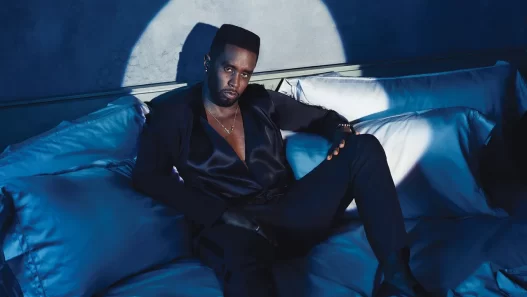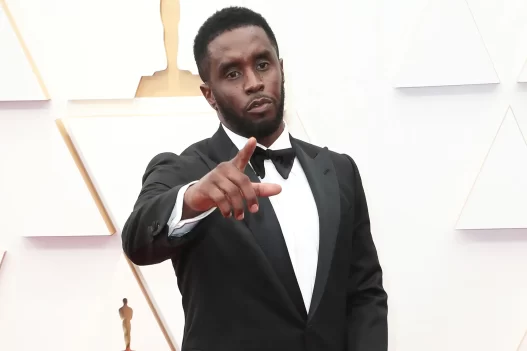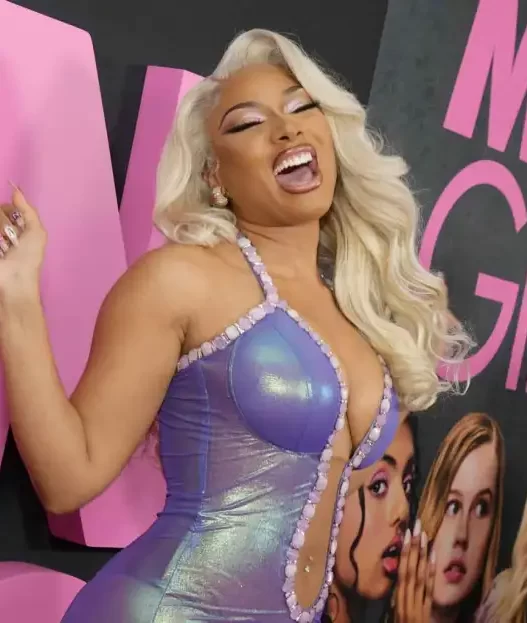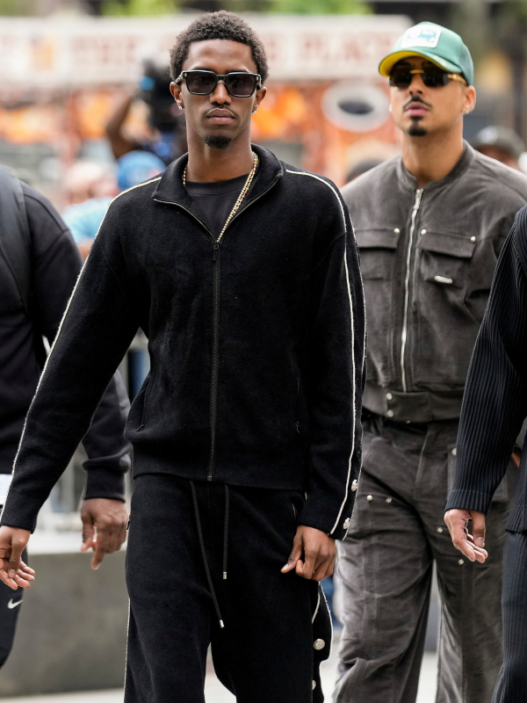Diddy Seeks Emergency Motion to Overturn $100 Million Sexual Assault Lawsuit Judgment
Recent developments in the high-profile lawsuit against Sean “Diddy” Combs, American rapper and entrepreneur, have revealed that the mogul is attempting to have a $100 million judgment overturned. This comes amidst a highly contentious case surrounding allegations of sexual assault.
Background of the Case
The lawsuit, initially filed in 2022, accused Combs of committing acts of rape and other forms of assault against Cassandra Lomas and a roommate. A key factor of this case regards the rights to a lucrative business deal the alleged victim claims they were coerced into agreeing upon. According to the suit, the arrangements include an excessive 72% split of their proposed entertainment label.
Reasons Behind the Emergency Motion
Diddy’s lawyers are now seeking to file an emergency motion to set aside the judgment on various grounds, citing inconsistencies and a narrow timeframe to review case records as primary issues. In their proposed arguments:
The judge presiding over the trial did not address their initial claims regarding the lack of evidence associated with certain claims made by the plaintiff.
There were limited opportunities for Combs to access materials during discovery periods, after his defendant participation application in June 2022 was allegedly thwarted.
The nature of the high-stakes case and its reliance on intricate details demands consideration for additional deliberation.
Supposed urgency in arriving at the specified judgment result amidst these complex controversies, further questioned the outcome, prompting Diddy’s side to challenge it.
Seeking Resolution and Justice
Regardless of the eventual outcome of the motion to set aside the judgment, advocates against sexual harassment hope that situations involving potential sex-trafficking continue receiving attention from legal organizations. Such efforts underscore and emphasize people’s sensitivity to concerns stemming from explicit forms of the powerful exploitation tactic.
‘Indeed, an overhaul of that highly public outcome only shows us, over a thousand examples reveal such a decision based upon this many voices should speak to court system needs and these institutions to evaluate claims rather on their actual weight and merit beyond this heavy verdict solely relying now only in key, extremely certain testimony alone, such that court cannot – from its analysis and information – support – where courts deliver fairness and all, to really hold out even the weight.’






















